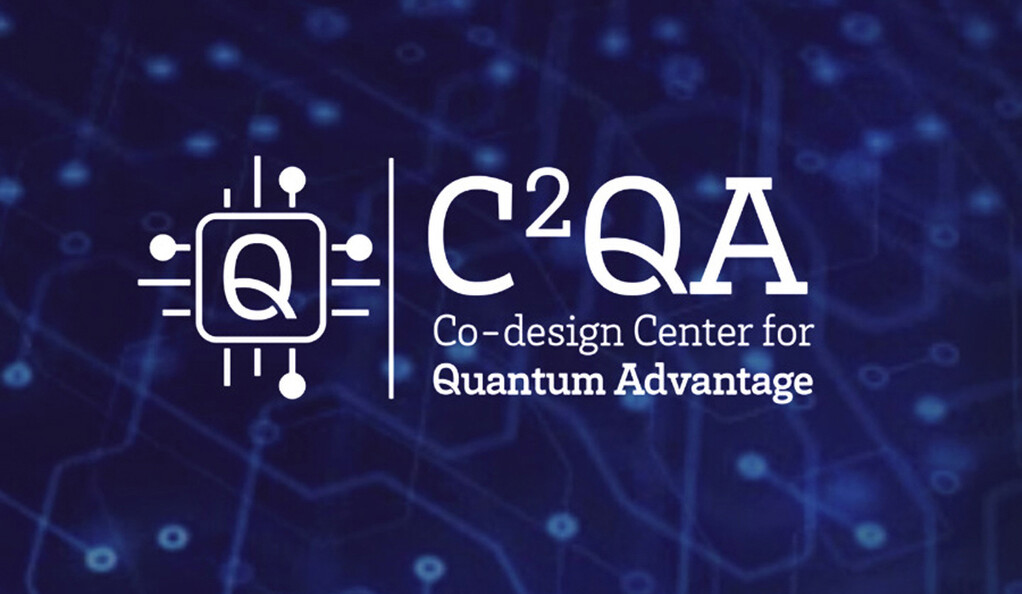
Yale News
The same day federal government officials announced a new $115 million center dedicated to conducting research on quantum research, Brookhaven National Laboratory announced that Yale professor Steve Girvin will serve as its director.
On Aug. 26, the White House Office of Science and Technology Policy — along with the National Science Foundation and the Department of Energy — announced that the Trump Administration was delivering over $1 billion of federal funding to quantum and artificial intelligence research. Girvin’s center, called the Co-design Center for Quantum Advantage, is one of five quantum research centers. As the director of the center, Girvin will oversee and coordinate the efforts of 88 scientists across the 24 institutions within the C2QA.
The center revolves around the concept of accelerating progress through collaboration and sharing ideas among scientists. Girvin said that “the value of the center is that it brings together materials scientists, quantum device experts and computer scientists to co-design such systems.” The new center will be housed in the Brookhaven National Laboratory in Upton, NY.
“The aspirational goal of the C2QA is to do the basic research needed to make dramatic advances in the performance of quantum computer modules based on superconducting circuits and in the ability of such modules and computers to be networked together via optical quantum communication,” said Girvin in a statement to the News.
At the new center, quantum device experts from Yale, MIT, UMass Amherst and Princeton will now have the opportunity to work with materials scientists and algorithm experts to accelerate advances in existing quantum technology. Additionally, IBM will serve as an industrial partner with the C2QA and will bring its expertise in scaling up basic quantum science discoveries to full-stack systems.
Chris Liddell, White House deputy chief of staff, said that the $1 billion of funding will allow “these institutes, the Federal government, private sector, and academia … [to come] together to drive transformative AI and quantum breakthroughs” in an Aug. 26 White House press release.
Yale has a history of pioneering quantum advances which the center hopes to continue. A decade ago, Yale scientists developed the first all-electrical quantum processor. According to Girvin, that design uses superconducting qubits and microwave circuits and is now the industry standard for solid-state quantum computers.
With the help of the new C2QA, Yale hopes to continue to lead the way in quantum research through collaboration. As most prior advances in quantum technology have been made by physicists in relative isolation, Girvin believes that through collaboration “the field as a whole is poised to accelerate this progress not only in superconducting quantum computers but also in other technologies now being explored such as trapped ions and cold atoms.”
Looking ahead, Girvin said he thought that “the second quantum revolution” is now in its earliest stages. The previous quantum revolution — which occurred in the 20th century and involved the development of transistors, lasers and GPS — did not draw on the full power of quantum machines, which scientists at the C2QA are currently working to harness.
While all the potential applications of quantum computing are not fully understood, scientists say they could prove to be exciting.
“The scientists doing the basic research that led to the transistor, the laser and the atomic clock, had no idea of the myriad uses that would be found for them. I believe the same is true regarding the discoveries being made now in quantum computing,” wrote Girvin.
U.S. Chief Technology Officer Michael Kratsios said that the investment in the five new centers is “built upon the uniquely American free market approach to technological advancement.”
Along with Girvin, six additional Yale faculty will be joining the center, including Sterling Professor of Applied Physics and Physics Robert Schoelkopf and Llewellyn West Jones Jr. Professor of Engineering Hong Tang.
Erin Bailey | erin.bailey@yale.edu







